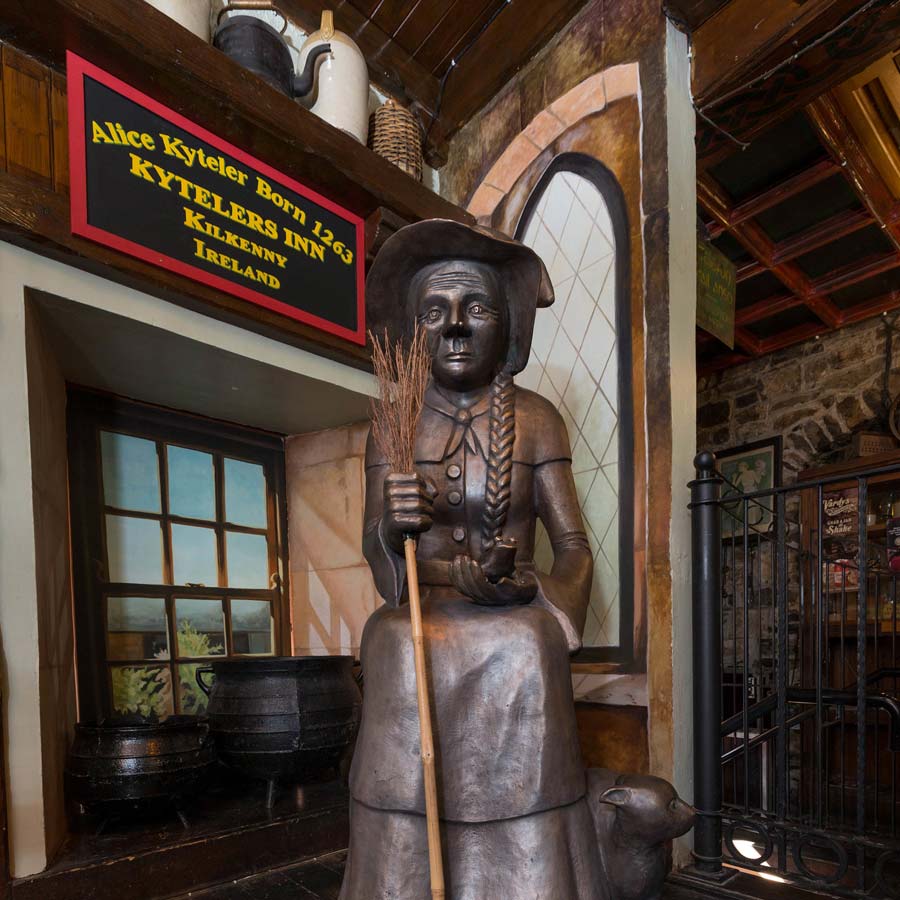I stumbled upon Percy Jackson and the Olympians: The Lightning Thief when it first came out. It was a total happy accident, because I absolutely loved it! I’ve been a huge mythology nerd since I was a kid. thought, “I should have written this book,” “I could have written this book,” and “How did I not come up with this idea?”
In The Lightning Thief, my favorite character was actually Luke (just a quick refresher: Luke Castellan was a demigod like Percy, Annabeth, and the other kids at Camp Half-Blood — who went from being friends to enemies). I liked Luke because I could relate to him.
Like Luke and the other demigods, I grew up not knowing my birth father, and it had a profound effect on me. Nowadays, a single-parent home is not a big deal, but when I was growing up it was quite scandalous -- especially since my mother was rather young
I was angry and resentful, just like Luke (I admit that I still am.). I not only identified with Luke's anger but his sadness too, his insecurity and feelings of worthlessness and wanting nothing more than his father to look at him and call him his son. (Still do.) I can identify with that kind of pain and know firsthand that, if left unrecognized, it can lead you to make destructive choices.
I channeled a lot of these feelings into Colin Caulfield, the protagonist of The Fifth Cycle: A New Hero is Forged and the upcoming The Fifth Cycle: Lost Gods. It's been a cathartic process so far, channeling a lot of the emotions I experience as a boy (and a man) through Colin -- the anger, the bitterness, the sorrow, the insecurity. I lived with a void in my life. I walked around with a piece of myself missing.
I did end up connecting with my birth father not too long ago, during the COVID years. It happened through Ancestry.com. It started with me contacting a cousin who'd used the website as well and went on from there. I was excited to talk to him, and we texted back and forth for a while. Little moments. But they turned out to be so meaningful. I found we were a lot alike. We were both sci-fi nerds and preferred cats over dogs. We traded pictures. Most of my life, all I've heard was how much I looked like my mom. But seeing that picture of my birth father, I saw a lot of my own features staring back at me. I felt a connection on a biological level.
He tried to explain to me how he and my mother were never "boyfriend and girlfriend." I already knew that and didn't care. He also shared his reasons for not being in my life -- without going into a lot of detail, let's just say they were pretty selfless. I was okay with that. I would have simply loved having him in my life in some way shape or form.
Oh, and he lived in the same state at me! Arizona. So as COVID cleared up, we made plans to meet. He sounded excited. During one of our first conversations, he said he did want to meet me. That day, he texted to tell me he couldn't make it. He was having back problems. I told him it was okay, and that we could try again.
I left the ball in his court and waited for him to contact me when he was ready. I never heard from him. I thought about contacting him -- but that seemed so desperate. I guess I also wanted him to be the one to reach out, to make an effort -- like I had. I mean, we were both grown men. But he was supposed to be the "father" in the relationship.
I have to admit now that I was afraid to try to reach out to him -- afraid of what he'd say (I had a sinking suspicion that he'd made up the excuse about his back-problems.). I didn't want to be rejected by him twice.
So, between therapy and writing The Fifth Cycle books, I've been able to reconcile a lot of these troubling emotions that have held me back. So far, it's consisted of a lot of introspection, real emotions I've experienced, and some wish-fulfillment over how I wish my reunion with my own birth father could have gone. With spoiling too much, I can proudly say that Colin with have a relationship with his father. It won't be easy though, for either of them.
I hope you'll join Colin (and me) on this journey. The Fifth Cycle: A New Hero is Forged is currently for sale on Amazon (as an ebook) for 99 cents and will remain at that price until after Labor Day. The second book in the series, The Fifth Cycle: Lost Gods, is due to be released in time for the Holidays.
Take care, everyone,
Your friend,
Dan











